MacBook Pro M5 First Review: Apple’s Closest Attempt at a Gaming Laptop?

Gaming on a Mac: From Joke to Reality
For years, “playing games on a Mac” was internet shorthand for an impossible dream.

But recent developments — including Apple’s deeper collaboration with game developers and advancements in macOS — have brought more classic titles to Mac. That perception is changing fast, thanks in large part to Apple Silicon.
---
Apple’s Latest Release: M5-Powered Devices
Just two days ago, Apple introduced three new M5-powered products:
- iPad Pro
- MacBook Pro
- Vision Pro
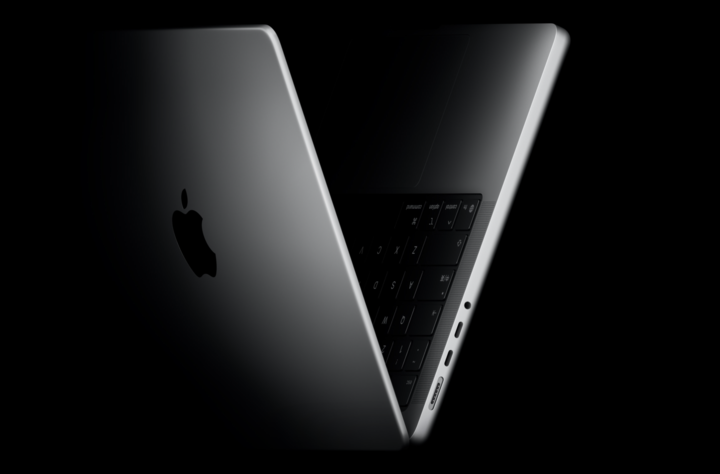
We received the 14-inch MacBook Pro with:
- M5 standard edition (10 CPU cores + 10 GPU cores)
- 32 GB memory (max capacity supported by M5)
- 1 TB SSD
- Nano-texture glass anti-glare display

Display Improvements
Compared with the anti-glare coated iPhone 17 Pro, the MacBook Pro’s nano-texture glass + anti-reflective coating reduces glare effectively in both outdoor daylight and indoor spot lighting.
---
Inside the M5: Architecture and Efficiency
While the exterior matches the previous generation, the key change is the M5 chip.
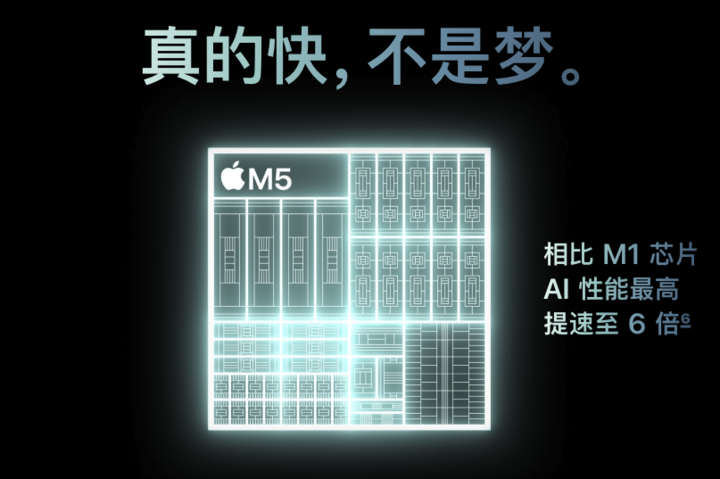
- Third year of Apple shipping 3 nm chips (after M3, M4)
- Built using TSMC’s N3P process, same as the A19 Pro
- Improved power efficiency for longer battery life — even the 14-inch model can last “longer than the user”

---
GPU Performance: Gaming on Battery
The M5’s primary upgrade lies in its GPU capabilities.
- The N3P process allows higher sustained performance without sacrificing battery life.
- Example: Cyberpunk 2077
- Default “for this Mac” settings: ~30 fps on battery (medium/high graphics)
- With FSR + frame generation: steady 50–60 fps at medium settings

Other tested titles:
- Control: Ultimate Edition
- Escape from Duckov
Both sustained 60+ fps with slight graphics tweaks.
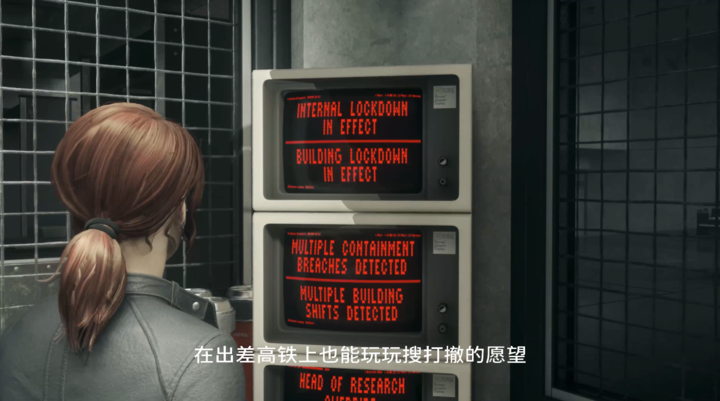
💡 Performance Equivalent: Roughly matches a GTX 1660 — letting Mac gamers enjoy AAA titles anywhere.
---
AI & Neural Engine Upgrade
One of M5’s biggest leaps: each GPU core now has a next-gen neural network accelerator — in effect, a 10-core NPU.
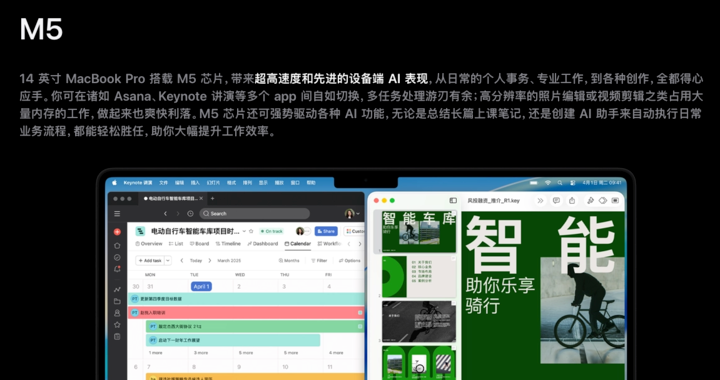
Example showcased by Apple: Msty Studio — an open-source local model deployment tool enabling offline language models.
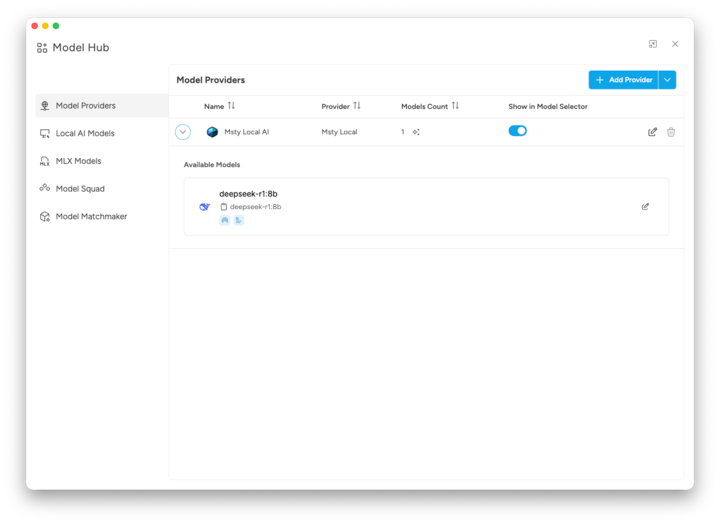
Benchmark result: Running DeepSeek-R1:8b fully locally equals the speed of a 24-core GPU M1 Max for the same task.
---
Creative Potential: AI Meets Content Publishing
This AI boost benefits creators:
- Faster local processing
- Integration into professional workflows
- Minimized cloud dependency
Example platform: AiToEarn官网
- Open-source AI content monetization ecosystem
- Connects AI generation tools, cross-platform publishing, and analytics
- Publishes seamlessly to: Douyin, Kwai, WeChat, Bilibili, Rednote, Facebook, Instagram, LinkedIn, Threads, YouTube, Pinterest, X
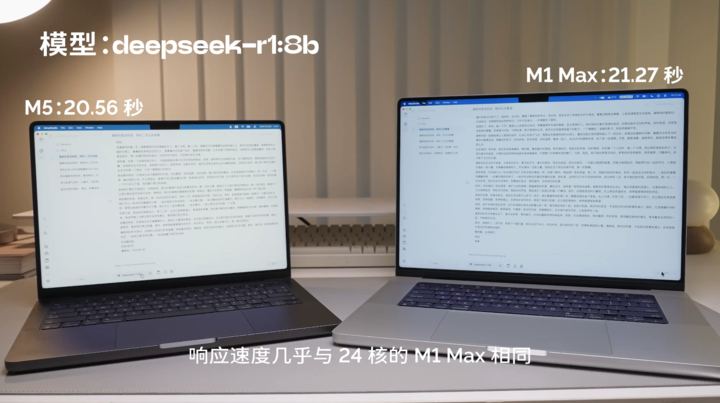
---
Local AI Video Performance: M5 vs M1 Max
The 10-core M5 matches or beats M1 Max (24-core GPU) for tasks in VidHex, a local AI video enhancement tool.
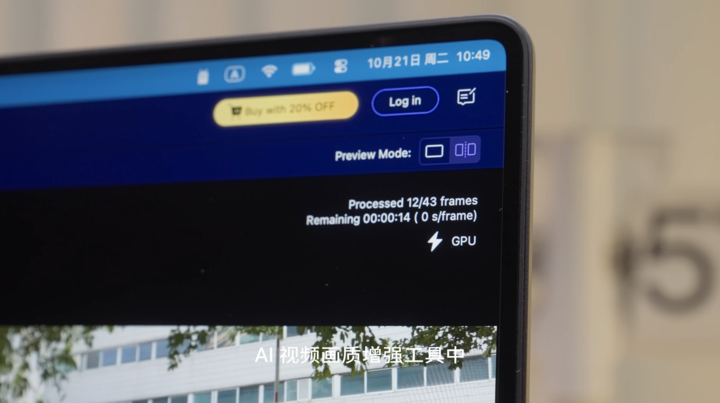
---
Open-Source vs Paid Local AI Tools — Usability Question
> Open-source local AI models are free but can be complex to deploy due to lack of graphical UI (often CLI-based).
>
> Paid local AI tools wrap these models in polished GUI interfaces — but cloud AI services are now faster and cheaper.
>
> Question: Would the ability to run local AI models influence your choice of computer?
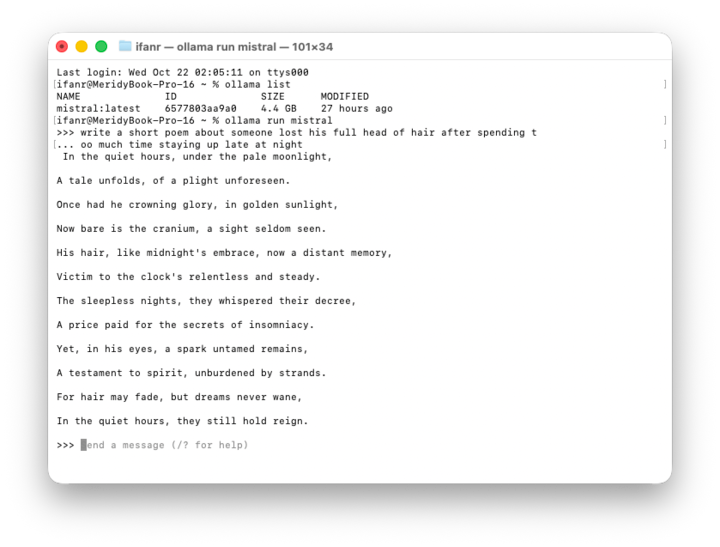
---
Verdict: AI Performance Gains
Apple’s claim of a 4×–6× improvement over M1 holds:
- M5’s 10 cores rival M1 Max’s 24 cores
- Excellent thermal and power management
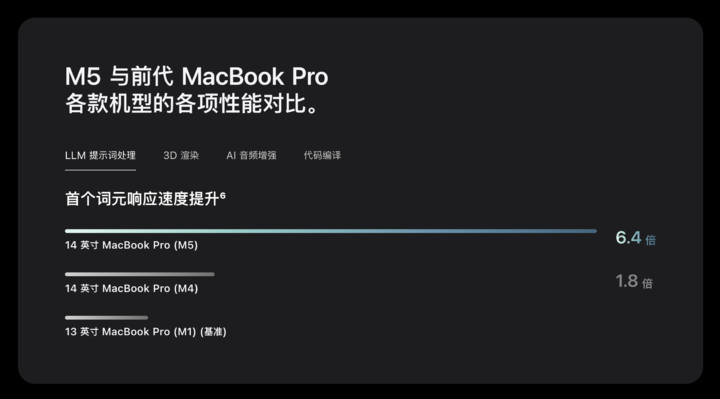
---
Looking Ahead
- M5 Pro and M5 Max could spark Mac Studio supercomputing clusters
- Current M5 base model not a direct replacement for M4 Pro/Max
- Best upgrade candidates: Users still on M1 or M2
- If you own an M4-series, the M5’s improvement is only incremental

---
Rumored MacBook Redesign
A notchless MacBook may debut with M6 series next year.
Bottom line:
- Only buy a Mac if you’re sure of your needs.
- If you’re unsure: You don’t need one.
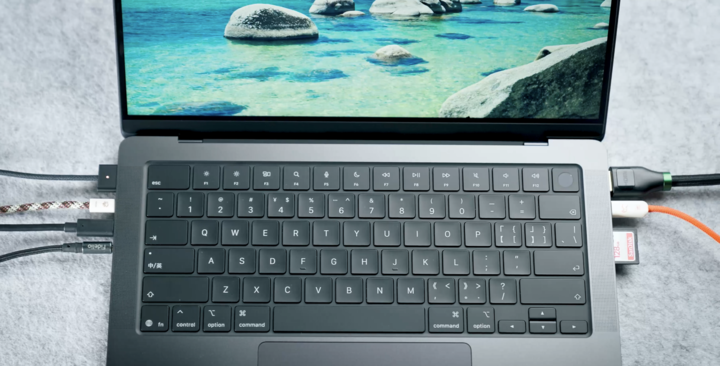
---
Final Note: Turning Hardware Gains into Revenue
If your workflow involves AI-assisted content creation and multi-platform publishing, platforms like AiToEarn官网 can connect:
- AI generation tools
- Publishing automation
- Analytics
- Model rankings
This can transform M5’s local AI capabilities into real-world monetization opportunities — letting performance upgrades directly fuel creative growth.



